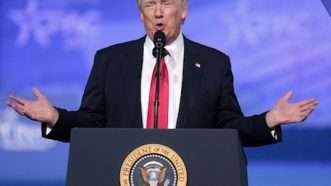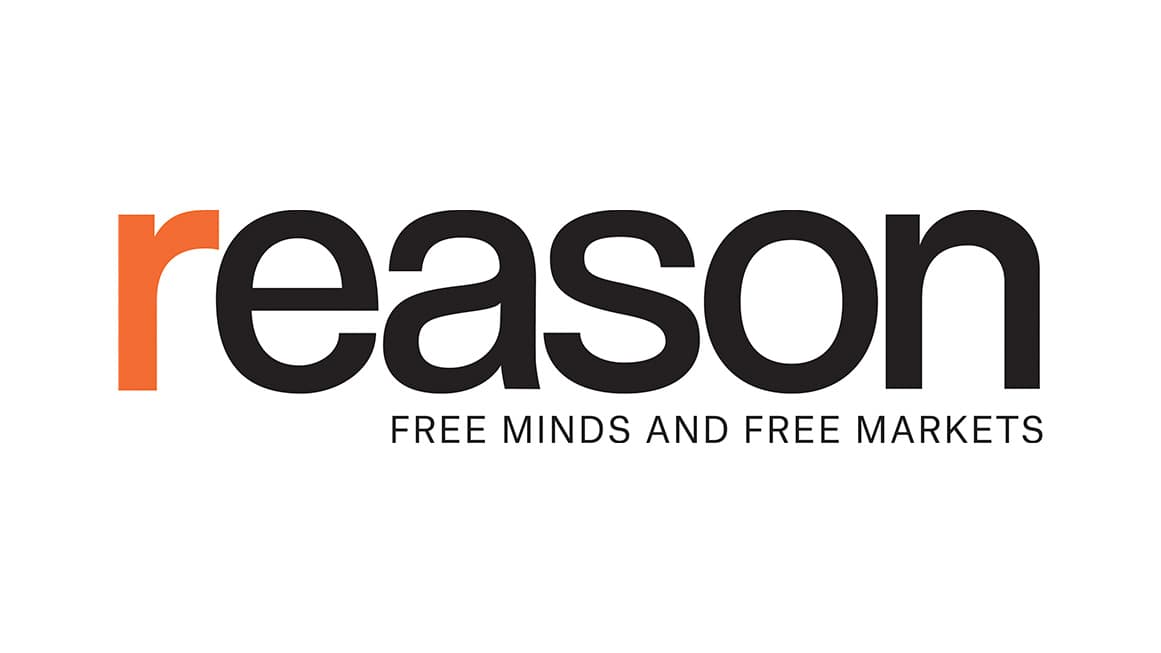Should We Let Children Vote? The Troubling Implications of Standard Reasons for Rejecting a Flawed Idea
Few will agree with Cambridge political scientist David Runciman's proposal to lower the voting age to 6. But standard reasons for rejecting the idea raise serious questions about many adult voters, too.




